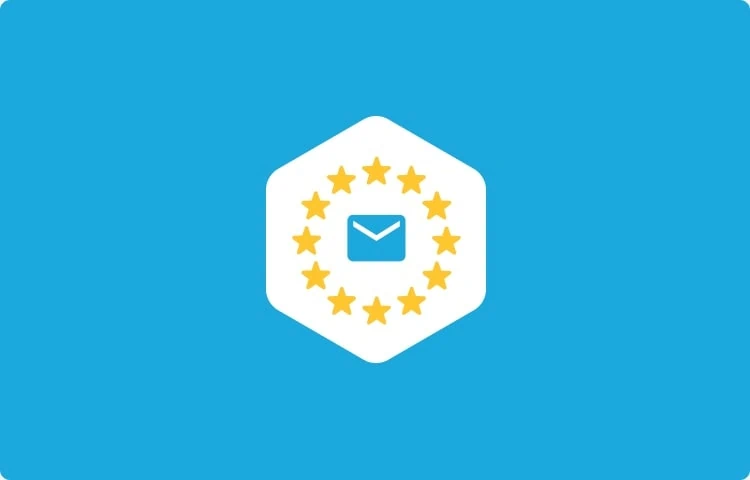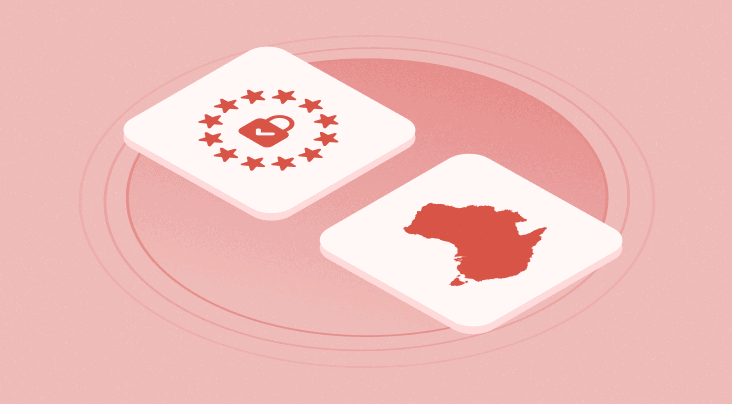In this article we will be looking at the requirements of consent under the GDPR, all the necessary obligations tied to your cookie banner and policy, and how Securiti can help your organization comply with the consent requirements using robotic automation and AI.
Consent Under GDPR
The GDPR is based on an opt-in consent regime. It requires organizations to obtain freely given consent from their consumers before they store or process their personal data for direct marketing purposes which includes the use of cookies and other tracking technologies.
Under the GDPR, consent needs to be:
- Freely-given: The consent needs to be given on a voluntary basis.
- Specific: Specific and separate consents should be obtained for separate purposes of the processing.
- Informed: Consumers must be fully aware of what they are consenting to before they give their consent.
- Unambiguous: It requires the consumer to give either a statement or a clear affirmative action of the consumer.
Consumers also have the right to withdraw their consent at any time without any detriment. In addition, it must be as easy to withdraw the consent as it was to have provided the consent. It is important to note that consent withdrawal should not affect the lawfulness of data processing. Once an individual opts out of direct marketing, the organization must not send them any further marketing communications nor invite them to opt back into marketing.
GDPR Consent Banner:
A GDPR compliant consent banner must include the following:
- Clear and comprehensive information about personal data that an organization intends to collect and use,
- Information on data subject’s right to withdraw and change the consent,
- Granular options such as the ability to select and deselect individual cookie categories and marketing categories,
- No use of pre-selected checkboxes or cookie walls.
GDPR Cookie Policy:
The GDPR requires organizations to have the following points included in their cookie policy:
- Definition and generic function of cookies including strictly necessary cookies and their purposes,
- Data controller’s name and identity,
- Data processors’ names and identities,
- Full list of recipients or categories of recipients who will obtain personal data through the processing of cookies,
- Cookie categories with information on retention periods,
- Information on any potential risks associated with allowing third-party cookies including the compilation of long-term records of individual’s browsing histories and the use of such records to send targeted advertising,
- Information on users’ rights to access, correct, delete and restrict the processing of personal data,
- Information on the use of cookies for automated decision-making and profiling, where applicable,
- Information on any potential risks in relation to cross-border data transfers including any risks arising in the absence of an adequacy decision and/or inadequate data protection standards in the foreign country.
How Securiti Can Help?
With the world moving towards automation, organizations need a solution that can help them simplify their processes and unlock a pathway to swift and efficient compliance. Securiti is the leader in robotic automation and works towards helping businesses achieve compliance.
Securiti’s Universal Consent Management:
Securiti’s Universal Consent Management offers the following capabilities:
- Customizable endpoints based on branding, functionality and regulatory requirements
- Consent orchestration across an extensive array of applications
- Easily honor consent revocations from offline or non-primary channels
- Deploy a configurable consumer preference center
- Build configurable workflows to dynamically sync consent status across systems
- Maintain comprehensive consent records for audit and reporting
Securiti’s Cookie Consent Management:
Securiti’s cookie consent solution offers the following capabilities:
- Track 1st and 3rd party code that runs on websites through continuous website scanning
- Automatically classify cookies for accurate consent notification
- Comply with global regulatory and compliance requirements such as GDPR, CCPA, ePrivacy Directive, IAB TCF 2.0 and more
- Maintain comprehensive records of consent for audit and reporting
- Customize the style, look and feel to align with your brand
- Honor opt-out requests by automatically blocking non-essential cookies without any additional code
To simplify this process even further, Securiti offers its customers a Cookie Consent WordPress plugin for rapid deployment. It offers publishers and web developers a fast and easy way to meet global consent compliance. Avoid tackling this on your own or spending a fortune on legal fees, and let Securiti alleviate the burden of legal compliance and your worries.
Download our easy-to-use Cookie Consent WordPress plugin today, and generate a Cookie Banner, Notice & Policy in a few minutes. This plugin will help you meet compliance with GDPR, CCPA, PIPEDA and e-Privacy Directive.
To learn more about how Securiti can help, request a demo.












